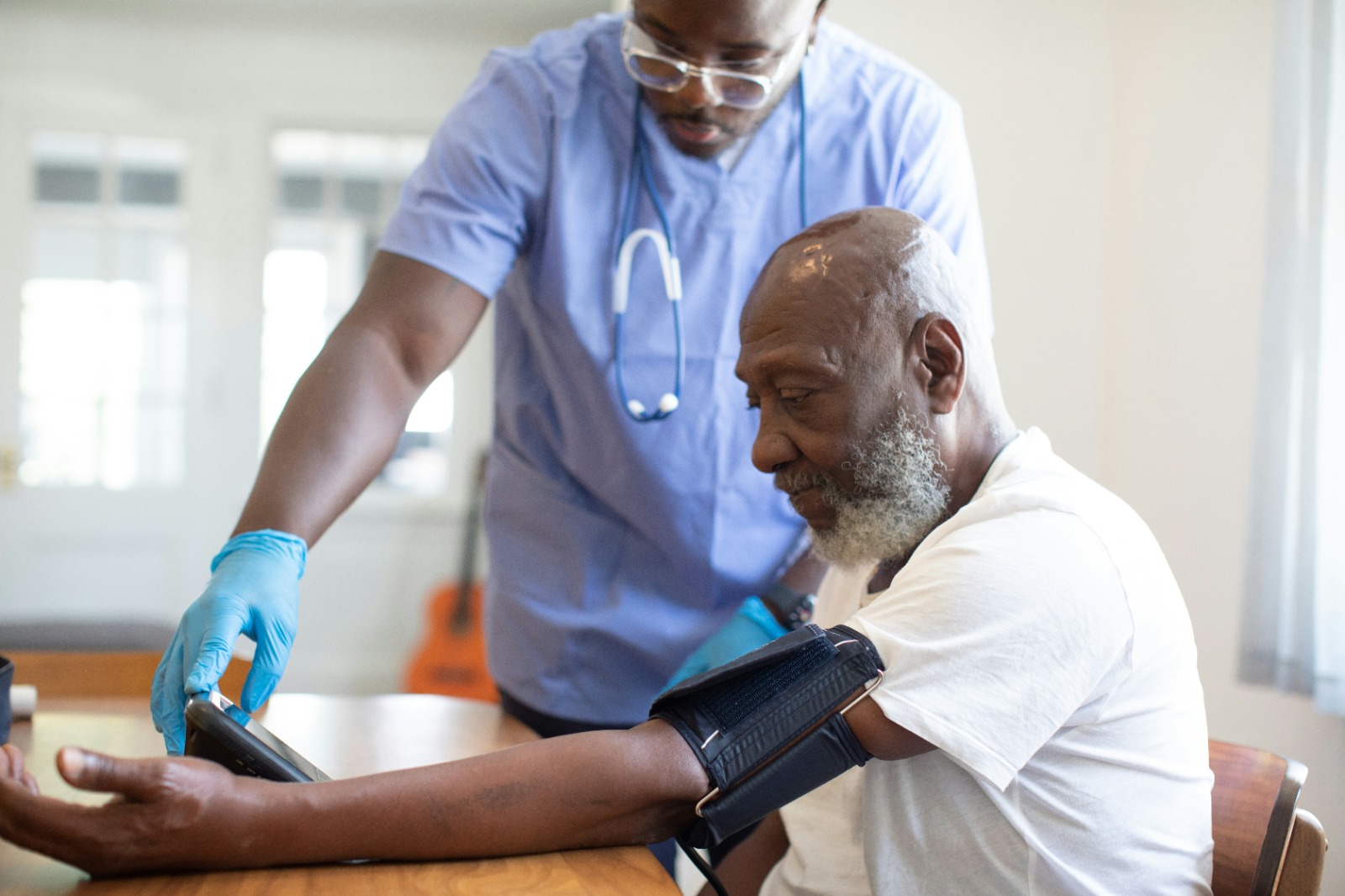
Kenya could be heading toward a health crisis if it fails to address its health funding system, with experts warning that rising population and health needs are outpacing the growth of the country’s healthcare workforce.
According to projections, Kenya’s population will surpass 63 million by 2030, pushing up demand for healthcare services at an annual rate of 4.7 per cent.
In contrast, the health workforce is growing at just 3.4 per cent per year, leaving a widening gap that threatens the delivery of essential services and the achievement of Universal Health Coverage (UHC).
The looming shortfall comes at a time when the government has slashed the health budget by Sh38.7 billion, a move stakeholders say undermines the country’s Vision 2030 and UHC 2030 commitments.
Experts argue that without urgent reforms in financing and workforce planning, Kenya’s health system may be unable to cope with the rising burden of disease and growing population.
AMREF Health Africa Group Director of Partnerships & External Affairs Desta Lakew warns that unless Kenya strengthens health system financing and workforce planning, progress toward UHC will remain slow.
“The five transformative health laws passed in 2023 have laid a robust foundation, ensuring equitable access to services, sustainable financing, interoperable digital systems and a people-centred, data-driven health system,” said Lakew
“My hope for WHX Nairobi is that it catalyses greater political goodwill and innovation toward scalable, people-first solutions that can be replicated across Africa.”
In a brief ahead of the 2025 WHX Nairobi and WHX Labs Nairobi, a three-day health and laboratory innovation forum scheduled to open next month at the Kenyatta International Convention Centre (KICC), health experts say the solution regions health challenges is not one-size-fits-all.
“It requires strategic investment in health employment and closer collaboration between the public and private sectors,” said the organisers of East Africa’s biggest health expo WHX Nairobi, formerly Medic East Africa.
The forum will convene policymakers, innovators, clinicians, and investors under the theme Advancing healthcare and laboratory innovation in East Africa.
Discussions will focus on sustainable financing, public–private partnerships, and new models to expand access to care.
Supported by the Ministry of Health, the Kenya Medical Association, Africa CDC and other regional partners, the forum will also explore solutions to critical challenges such as antimicrobial resistance, diagnostics access, and digital health adoption.
WomenLift Health senior communication manager for East Africa, Liberty Kituu, said that leadership and strategic financing are pivotal to achieving equitable healthcare.
She noted that the organisation’s work had shown that when women were equipped to lead, health systems became more inclusive, financing decisions more equitable and primary healthcare delivered greater resilience.
With over 200 exhibitors expected to showcase the latest technologies, she added that WHX Nairobi created a vital space to spotlight such leaders and their role in addressing East Africa’s health future.












